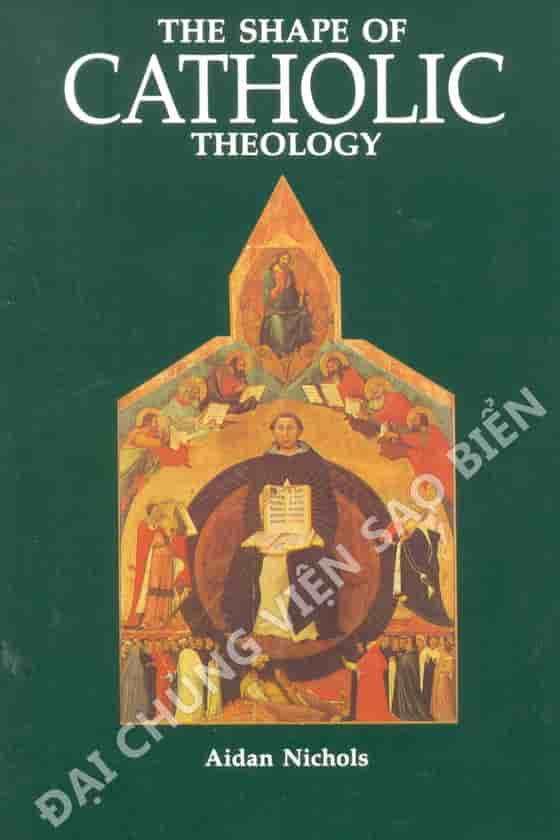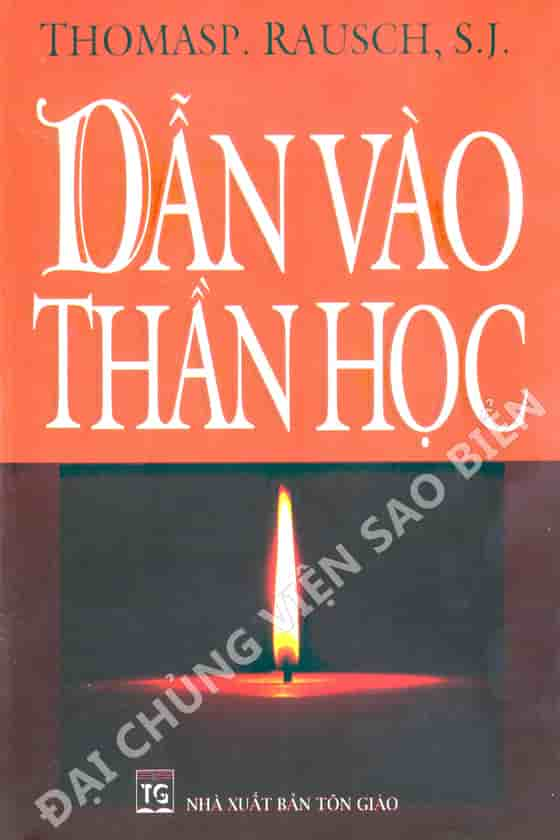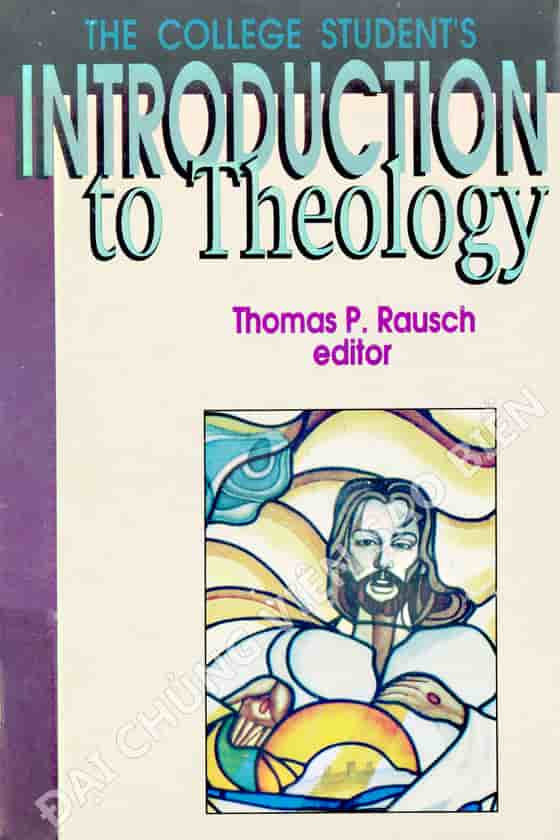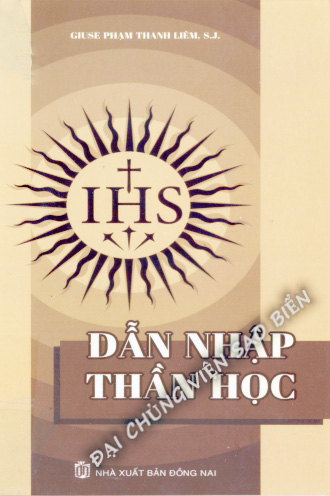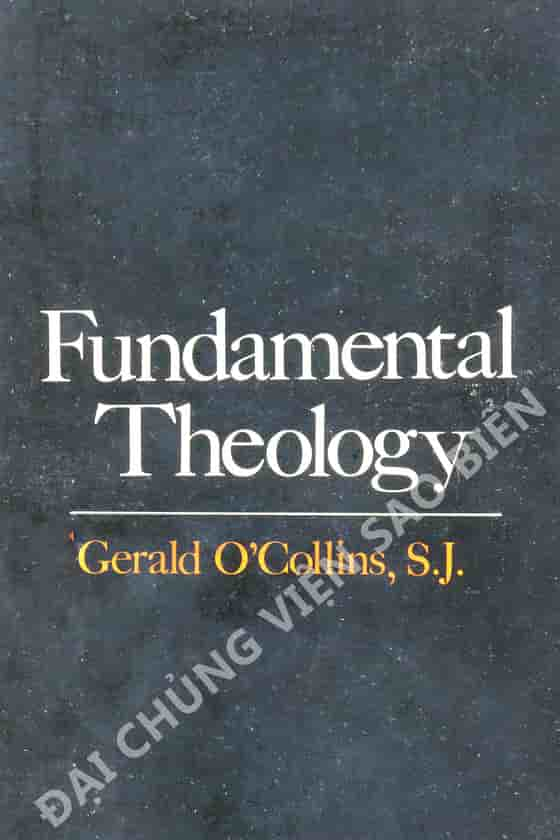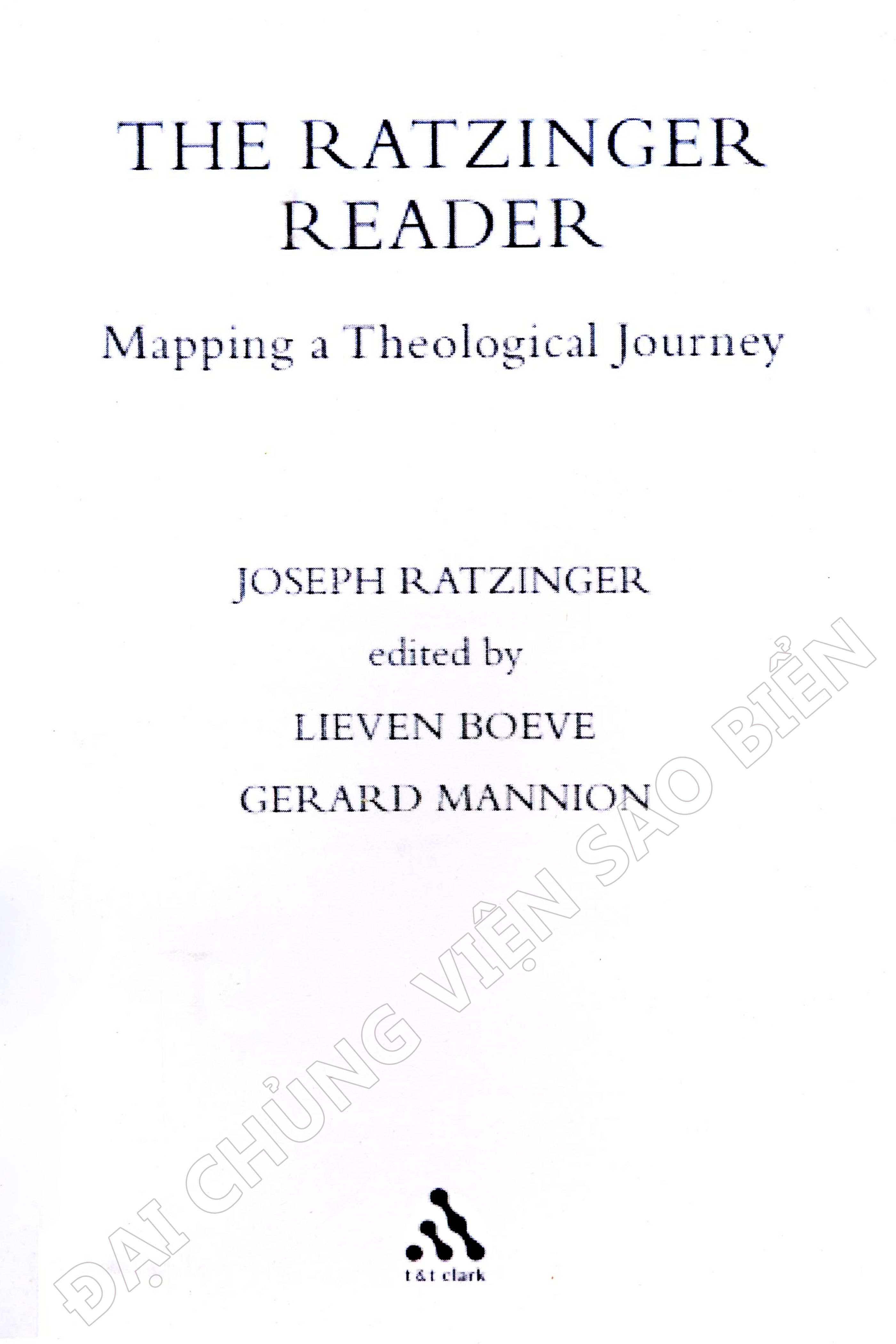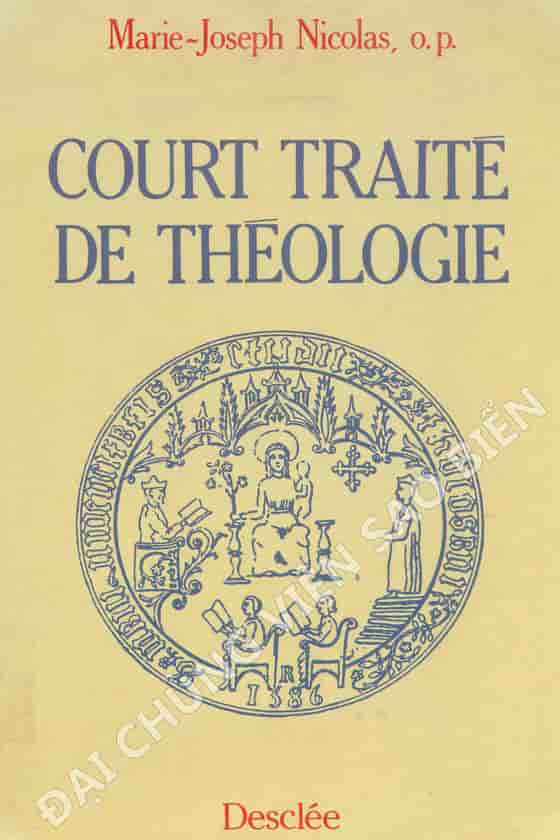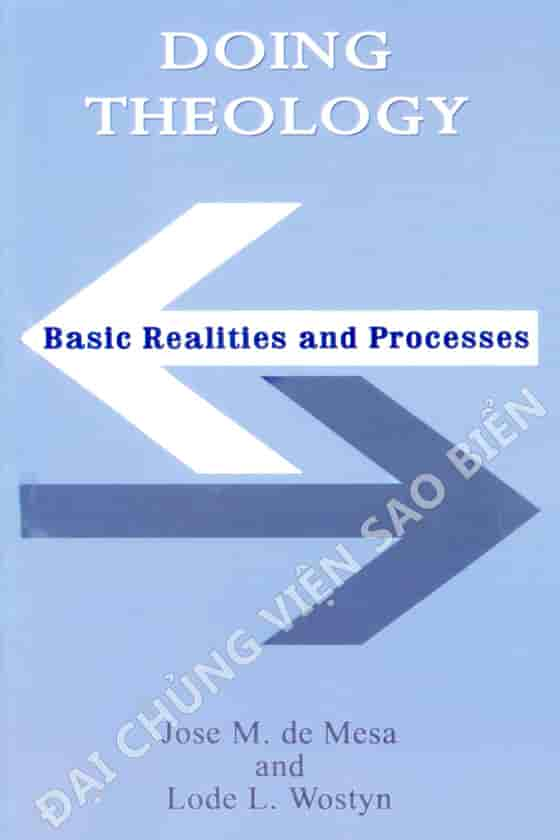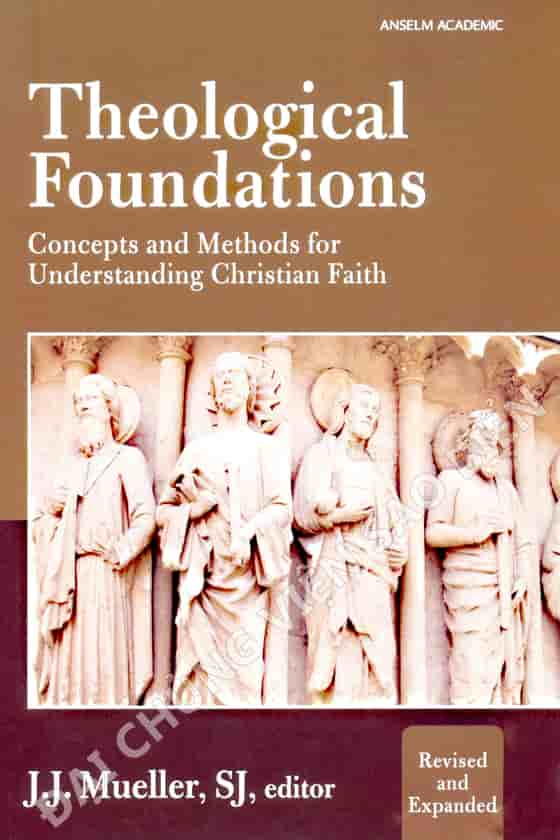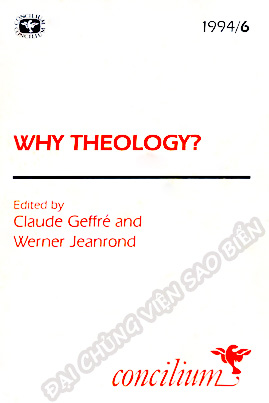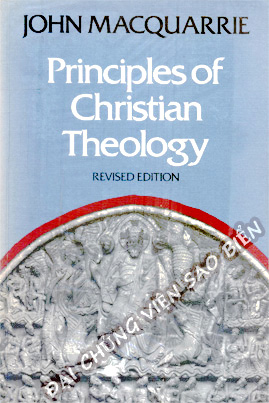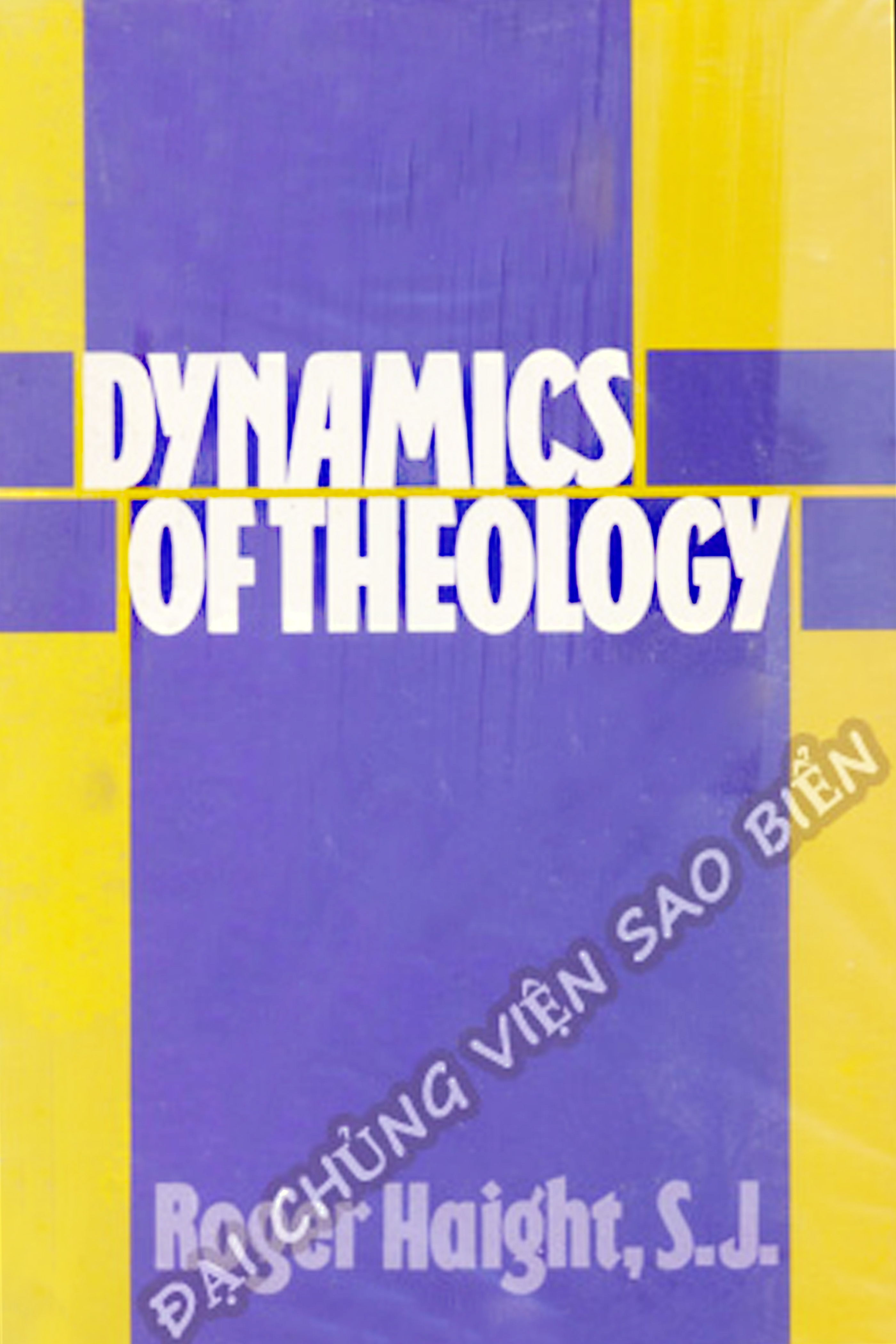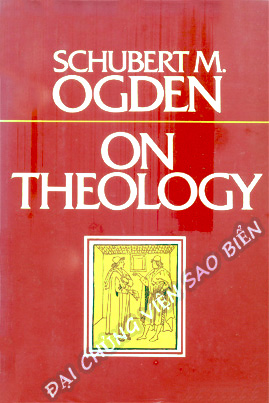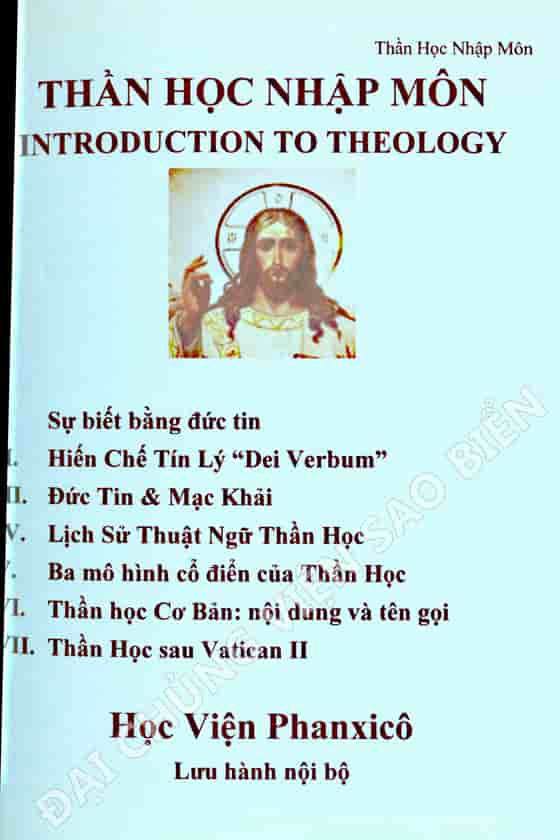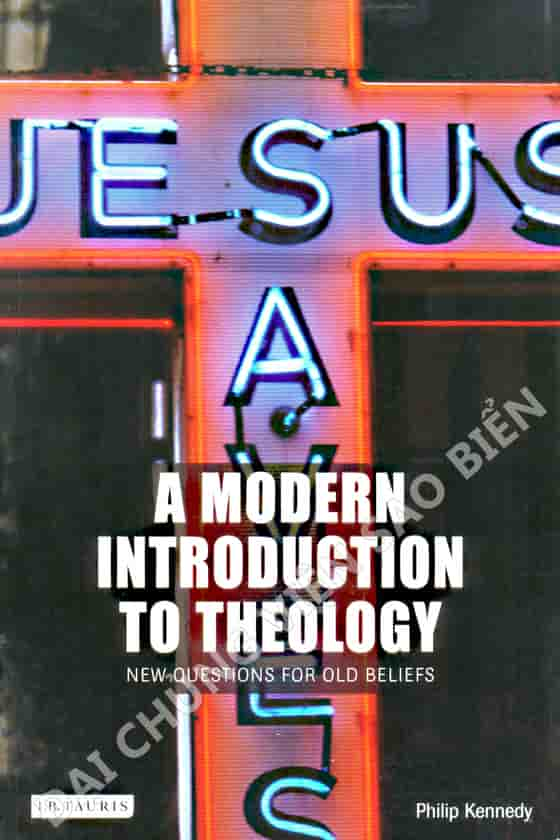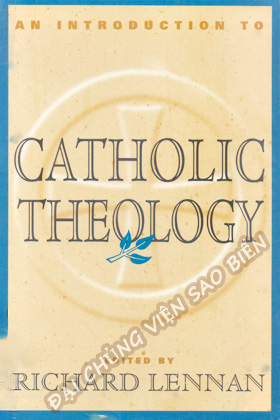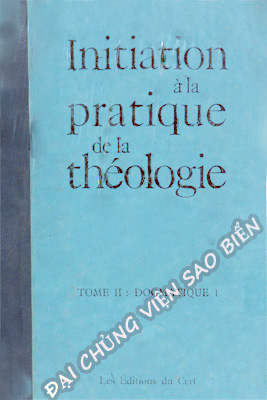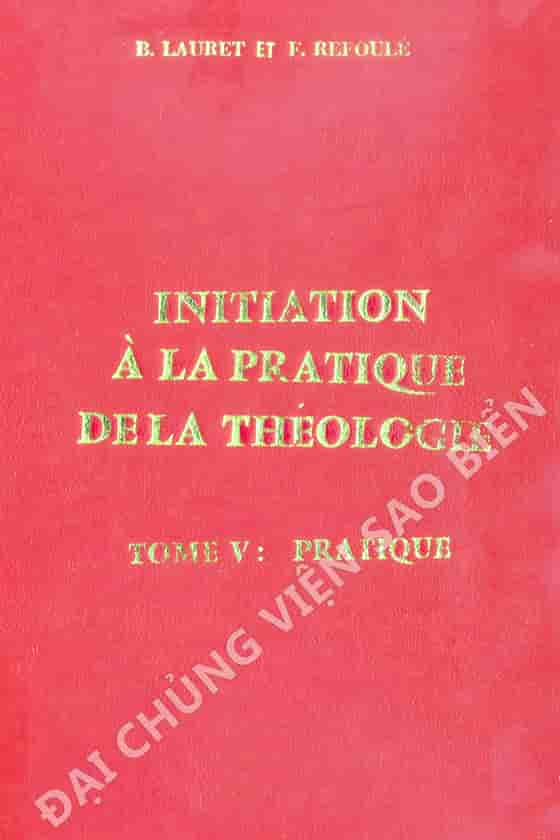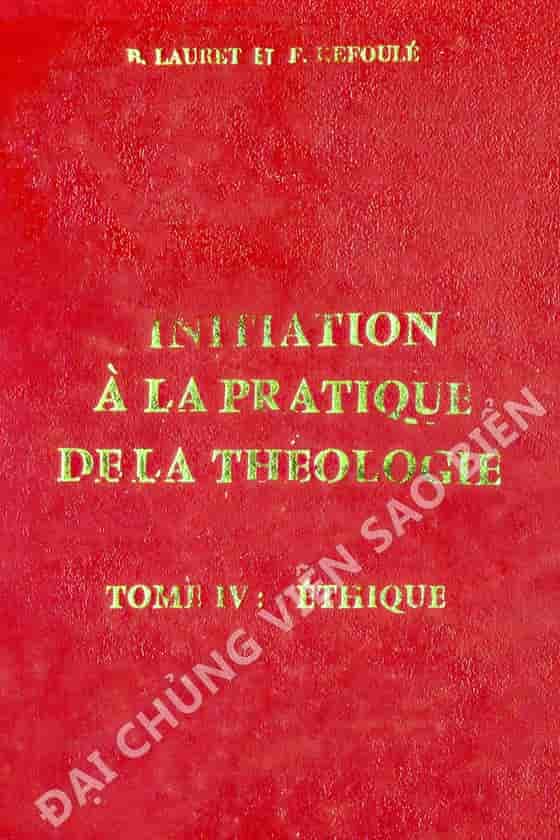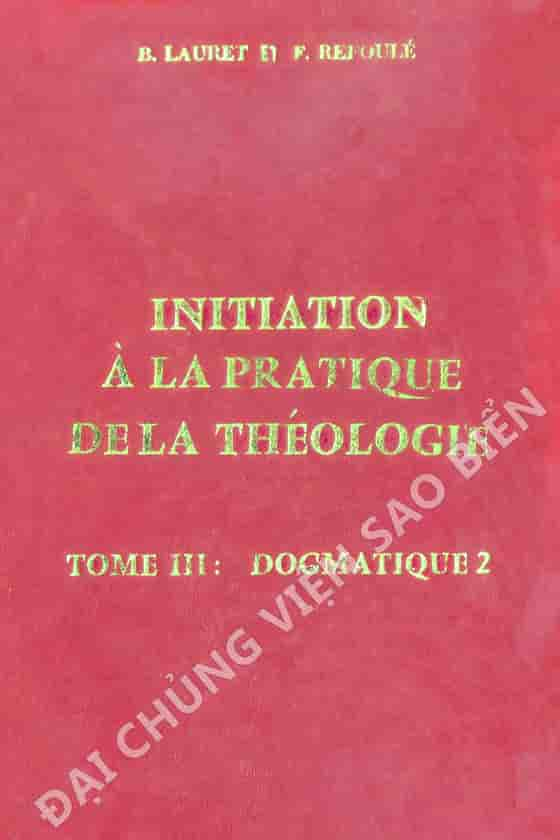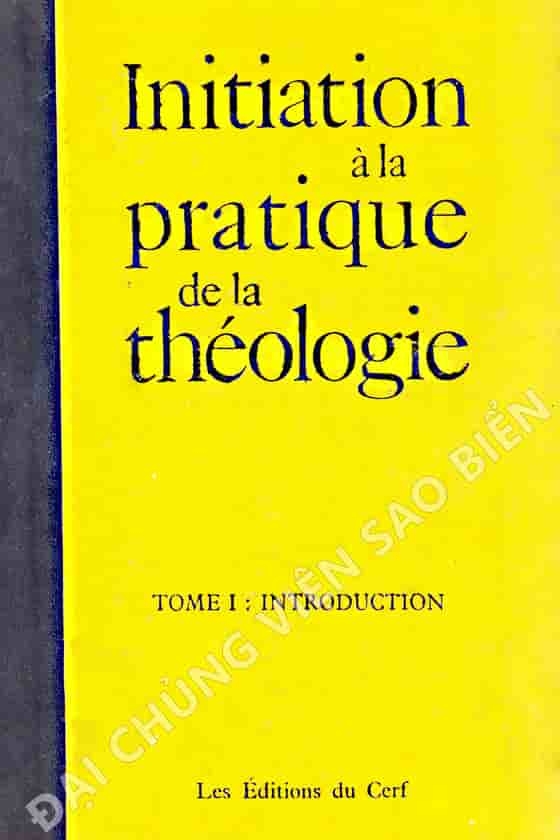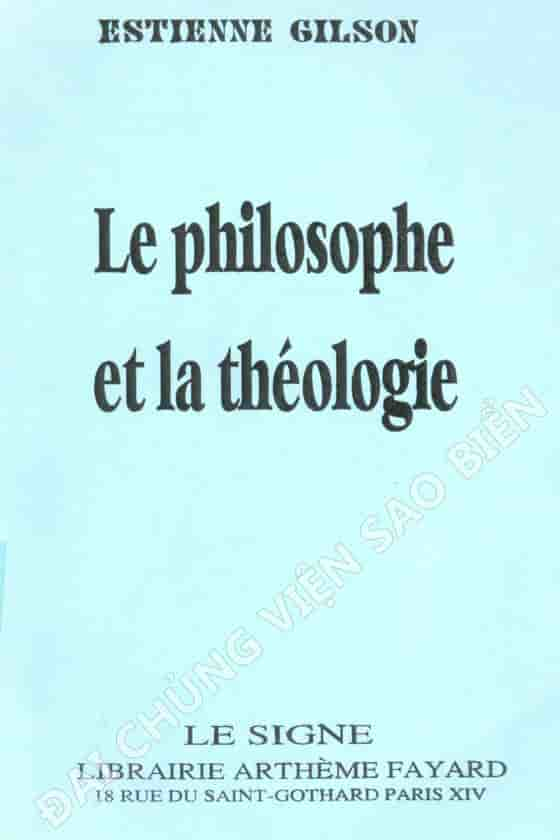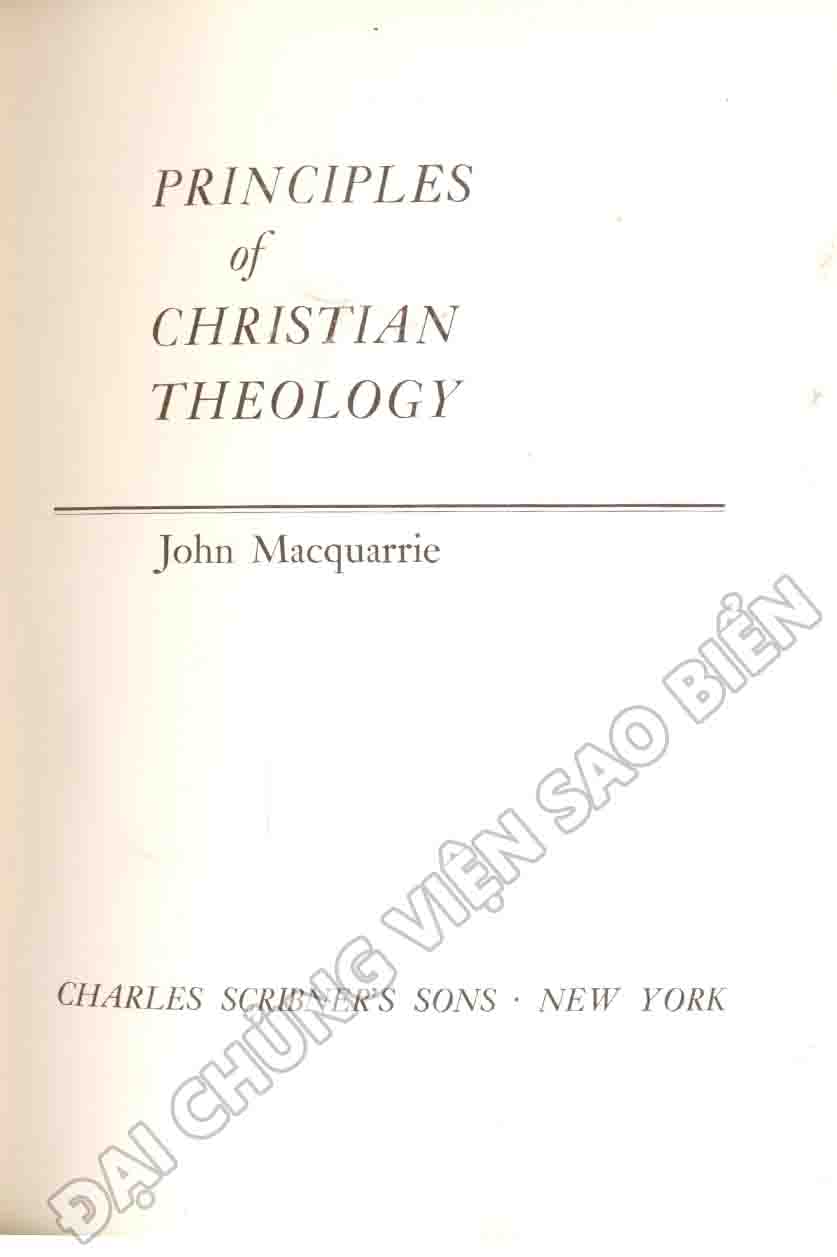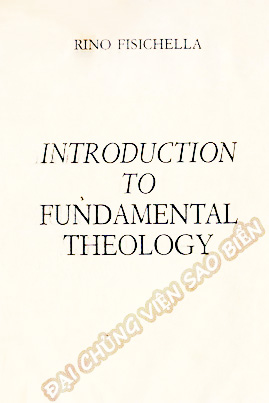
| Introduction To Fundamental Theology | |
| Tác giả: | Rino Fisichella |
| Ký hiệu tác giả: |
FI-R |
| DDC: | 230.01 - Nguyên lý thần học Kitô giáo |
| Ngôn ngữ: | Anh |
| Số cuốn: | 2 |
Hiện trạng các bản sách
|
|
||||||||||||||||||||||||||||||||
| Abbreviations | 9 |
| Preface to the English Edittion | 11 |
| I. LEAVING THE DESERT | 13 |
| 1. The Apologeties of the Manuals | 16 |
| 2. The "Rediscovery " of Unity | 27 |
| 1. The Rediscovery of the Person of Jesus Christ | 28 |
| 2. The Rediscovery of the Church as "Minister" of the Word | 30 |
| 3. The Rediscovery of the Audience of Revelation | 31 |
| 4. The Rediscovery of Scipture | 32 |
| II. THE PATH TOWARD A NEW IDENTITY | 35 |
| 1. The Context | 35 |
| 2. A Lost Chance | 43 |
| 3. The Necessity of fudamental Theology? | 47 |
| 4. A Path to Travel | 52 |
| III. FUNDAMENTAL THEOLOGY AS "THEOLOGY" | 57 |
| 1. The Theology Character of Fundamental Theology | 57 |
| 2. The Problem of Method | 63 |
| 3. A Method of Integration | 67 |
| IV. FUNDAMENTAL THEOLOGY AS "FUNDAMENTAL" | 72 |
| 1. Revelation: The Foundation of Theology | 72 |
| 1. The Evolution of Concept of Revelation | 73 |
| 2. A Theology of Revelation from Revelation | 88 |
| 1. Revelation is the Foundation of Theology Thinking | 88 |
| 2. Newness is a Constant Characteristic of Revelation | 91 |
| 3. The Historicity of Jesus of Nazareth is Essential and Constitutive Principle of the Knowing of Faith | 94 |
| 3. Faith as Knowing | 97 |
| 1. The Teaching of Scipture | 98 |
| 2. Theological Consequences | 103 |
| V. THE PROVOCATION TO MEANING | 109 |
| 1. Blaise Pascal | 111 |
| 2. John Henry Newman | 126 |
| 3. Hans Urs von Balthasar | 138 |
| 1. Epistemological Principles | 140 |
| 2. Individuation of the Themes | 144 |
| 3. Perspectives | 151 |
| CONCLUSION | 154 |
| General Bibliography | 159 |







